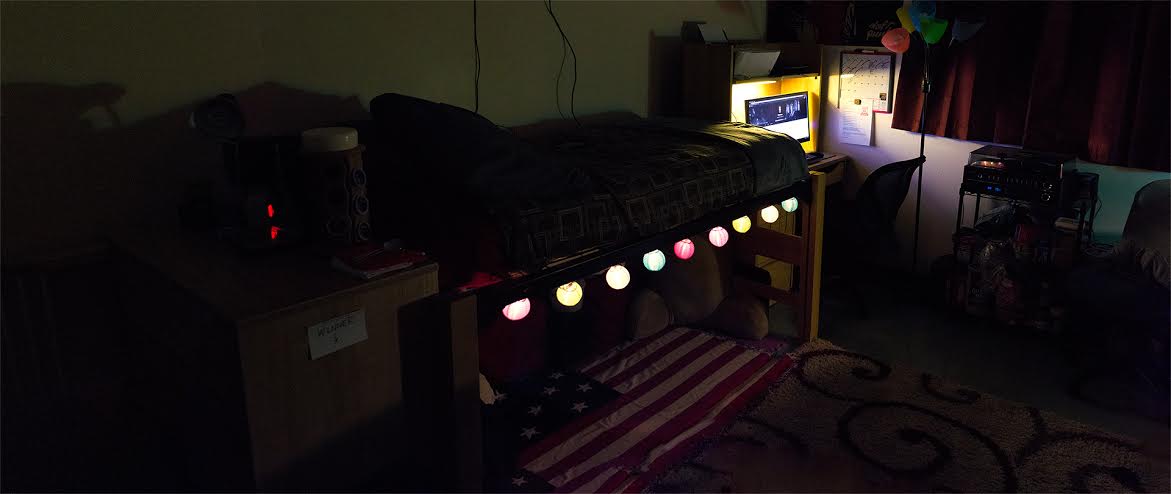Finals week causes college kids’ stress levels to skyrocket
WRITTEN BY: ANTHONY PEARSON
Once again it is that time of year here at Temple University. Thanksgiving is over, and the grind to prepare for finals is on. For many freshmen, this may be a first time experience with the large, all-encompassing tests that make up most classes’ finals. Even if this is not the case, most people can agree that finals are a major source of stress for college students everywhere. Julius Toth, a first year Kinesiology student in Temple’s Honors program, describes it like this:

“For me, at least in high school, I never really had to study. Things came naturally and I easily did well in classes. I rarely took a final, because I was usually exempt. Here, that’s not the case. Classes are harder, there’s less time in class in general, things can really creep up on you.”
This feeling is shared by many students to varying degrees. In a survey conducted by the Associated Press and MTVU, it was found that, in a pool of college students, four out of ten reported feeling stress often, one of five felt stressed most of the time, one of four reported stress daily, and one in ten even reported thoughts of suicide. Extreme cases aside, the numbers suggest that stress plays an integral part in college students day to day lives, a part that is amplified by finals.
This consistent stress doesn’t come without its fair share of problems. Prolonged stress can have a number of mental and physical health side effects. The most obvious of these can be found in disorders involving depression and anxiety. For those already experiencing these disorders, the stress around finals can greatly amplify existing feelings like dread, fear and uncertainty. For those without experience with anxiety and depression, stress can lead to a sort of unfamiliar “funk” that is extremely difficult to escape. These feelings generally make it more difficult to be productive – which then only acts to increase anxiety and stress, creating a nasty cycle of stress, procrastination, and more stress. As a result of these mental health issues, a number of physical health issues often arise as well. These can include low energy from lack of sleep or general depression, headaches, aches and pains, an increased propensity to colds and infections, and a number of other minor symptoms. All in all, leading a stressful life can be both mentally and physically draining.
With all of this in mind, it would make sense for universities to step in and try to help students with these issues. Temple University does this in a number of ways, beginning with existing counseling programs, health clinics, and peer mentor programs. Additionally, Temple also offers a number of stress relieving activities, including stress-ball making activities to bringing actual therapy dogs onto campus. This is all in addition to a two day study period (December 8th and 9th this semester) in which classes are cancelled. While nothing can substitute healthy study habits, Temple does quite a lot to tackle the very real problems associated with finals and the anxieties they produce.




